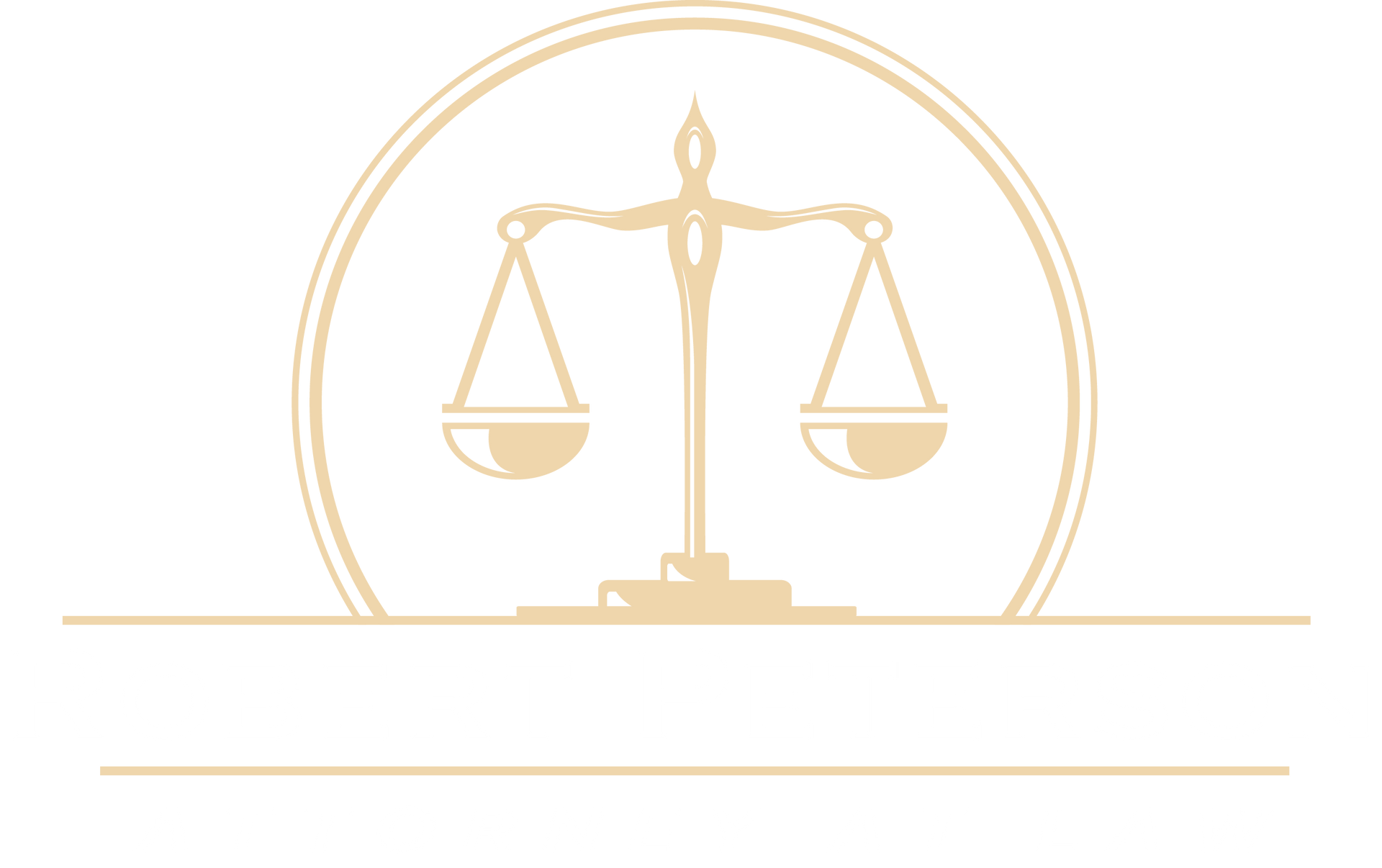
Simplifying the Michigan Probate Process: A Step-by-Step Guide
I. Introduction
Navigating the probate process in Michigan can be daunting, but understanding it is essential. This guide aims to simplify the Michigan probate process, making it easier to handle the legalities after a loved one’s passing. Michigan estate laws have unique aspects that can affect the probate process, and knowing these can save time, money, and stress.
II. Understanding Probate in Michigan
What is Probate?
Probate is the legal process of settling a deceased person's estate. It includes validating the will, inventorying assets, paying debts and taxes, and distributing the remaining assets to beneficiaries. Many people think probate is always time-consuming and costly, but this is not necessarily true.
Michigan Probate Laws
Michigan has specific statutes that govern probate. These laws outline the process, from filing the initial petition to distributing the estate. Unlike some other states, Michigan offers several probate options that can simplify the process for smaller estates.
When is Probate Necessary?
Not all estates require probate. If the deceased's assets were jointly owned or had designated beneficiaries, probate might not be needed. If a Ladybird Deed was signed, the real estate passes outside of probate. However, if the estate includes solely-owned assets without beneficiaries or property needing legal process to change the title, probate is typically required.
III. Step-by-Step Guide to the Michigan Probate Process
Initiating the Probate Process
The first step is filing a petition with the probate court. This document requests the court to open probate and appoint a personal representative (executor) to manage the estate. The personal representative is responsible for overseeing the entire probate process.
Inventory and Appraisal of Assets
Next, the personal representative must identify and list all estate assets. Michigan law requires a thorough inventory, including real estate, bank accounts, and personal property. An appraisal might be necessary to determine the value of certain assets.
Settling Debts and Taxes
The estate must pay off any outstanding debts and taxes before distributing assets. The personal representative will notify creditors and settle claims. Additionally, the estate must file final tax returns and pay any due estate taxes.
Distribution of Assets
After debts and taxes are settled, the remaining assets are distributed to the beneficiaries according to Michigan laws or the will. If there are disputes or a contested will, the probate court will resolve these issues.
IV. Simplified Probate Options in Michigan
Small Estate Procedures
Michigan offers simplified probate for small estates. To qualify, the estate's value must fall below a certain threshold, which is currently $25,000 but changes yearly. This process involves fewer steps, making it quicker and less expensive.
Summary Administration
Summary administration is another streamlined option for small estates. It requires less court involvement and can expedite the distribution of assets. This option is beneficial for estates with clear titles and minimal debts.
Informal Probate
Informal probate is less formal and quicker than traditional probate. It is suitable for uncontested estates with straightforward assets. The personal representative has more autonomy but must still follow Michigan laws.
V. Estate Transfer Methods Outside of Probate
Living Trusts
A living trust allows assets to bypass probate. The trust holds the assets during the person's lifetime and transfers them to beneficiaries upon death. Setting up a living trust in Michigan can simplify estate transfer and provide privacy.
Joint Ownership and Beneficiary Designations
Transferring assets via joint ownership or beneficiary designations can avoid probate. Jointly owned property passes directly to the surviving owner. Similarly, accounts and policies with designated beneficiaries transfer outside of probate.
Transfer-on-Death (TOD) and Payable-on-Death (POD) Accounts
TOD and POD accounts permit direct transfer to beneficiaries upon death, bypassing probate. Setting up these accounts in Michigan is straightforward and can simplify asset distribution.
Ladybird Deeds
Ladybird Deeds transfer real estate upon the death of the owner. This deed is drafted with the grantor (owner) retaining for his/her lifetime the real estate and transferring whatever interest the owner has at his/her death (which might be nothing) to the grantee (new owner).
VI. Common Challenges and How to Overcome Them
Dealing with Contested Wills
Wills are sometimes contested due to disputes over validity or interpretation. Common reasons include claims of undue influence or lack of capacity. The probate court handles these disputes, providing a legal resolution.
Handling Complex Estates
Complex estates with numerous assets or business interests require careful management. Strategies include detailed planning and professional assistance. Consulting an estate attorney can help navigate these complexities.
Navigating Family Dynamics
Family conflicts can arise during probate. Transparency and communication are key to managing these dynamics. Keeping beneficiaries informed and addressing concerns promptly can prevent disputes.
VII. Conclusion
The Michigan probate process doesn't have to be overwhelming. This guide provides a clear, step-by-step approach to make probate easier. Understanding Michigan estate laws and knowing when to seek professional advice can ensure a smooth probate experience.
VIII. Additional Resources
For more information, visit the Michigan probate court website or consult with legal professionals specializing in Michigan probate. Further reading on estate planning and probate can also provide valuable insights.
By following this guide, you can simplify the Michigan probate process, ensuring a more efficient and less stressful experience. Whether dealing with a straightforward estate or a complex one, understanding the steps and options available will help you navigate the process with confidence..
For your probate and estate planning needs, contact a knowledgeable attorney at Robert Peterson, Attorney at Law, P.C.



